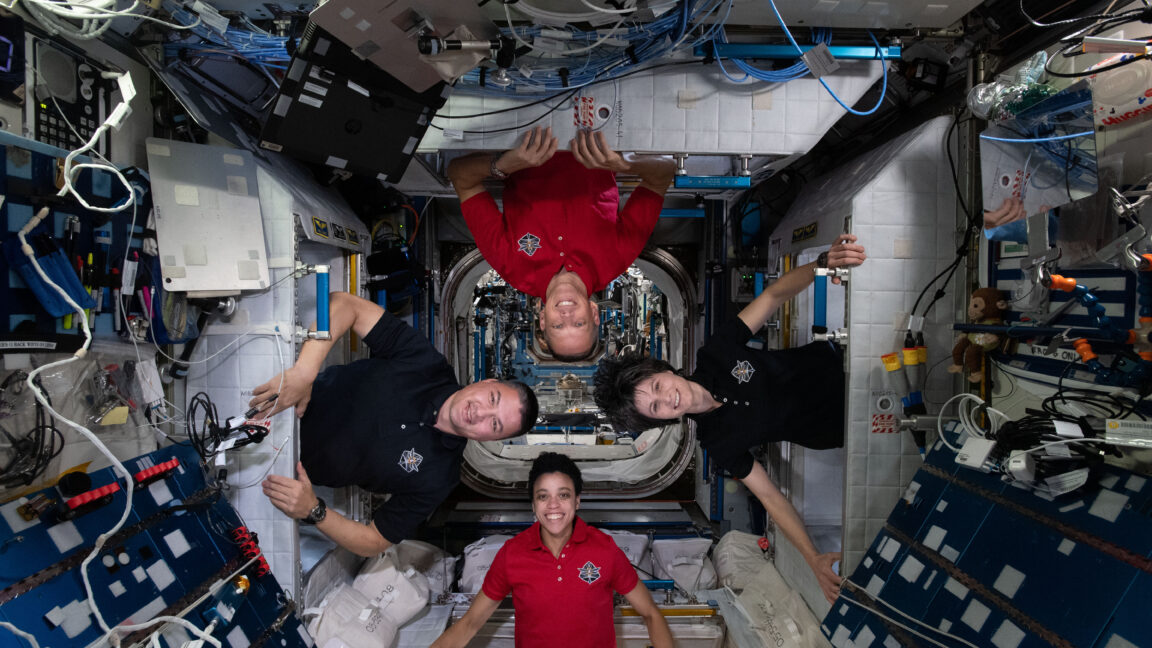Microbial Ecosystem Forms on International Space Station

- A small microbial ecosystem has formed on the International Space Station
- Researchers suggest introducing beneficial microbes to create a healthy environment
- The use of disinfection chemicals may not be the best approach
- Spacecraft design can accommodate both high and low human activity areas
- Future spacecraft may host entire gardens with microbes, plants, and animals
Introduction to the Microbial Ecosystem
A team of researchers has discovered a small microbial ecosystem on the International Space Station (ISS), which has sparked a new area of study in the field of space microbiology. The ISS, being a closed environment, provides a unique setting for the growth and development of microorganisms. The researchers, led by Benitez and Zhao, have been studying the microbial diversity on the ISS and its implications for future space missions.
The team found that the extensive use of disinfection chemicals on the ISS might not be the best approach to maintaining a healthy microbial environment. Instead, they suggest introducing beneficial microbes that can coexist with humans and provide a balanced ecosystem. This approach could have significant implications for long-duration space missions, such as those to Mars and other destinations in the Solar System.
Designing Spacecraft for Microbial Balance
The researchers propose designing spacecraft with modules that can accommodate both high and low human activity, allowing for the separation of areas that require sterilization and those that can support beneficial microbes. This design could help maintain a healthy microbial balance and reduce the risk of contamination. Furthermore, the team envisions a future where spacecraft and space stations can host entire gardens with microbes, plants, pollinators, and animals, creating a self-sustaining ecosystem that can support human life for extended periods.
The discovery of the microbial ecosystem on the ISS highlights the importance of considering the microbial aspect of space exploration. As humans venture further into space, it is crucial to understand how microorganisms can impact both the environment and human health. The research conducted by Benitez, Zhao, and their team provides valuable insights into the complex relationships between microorganisms, humans, and their environment, and paves the way for the development of more sustainable and healthy space exploration strategies.